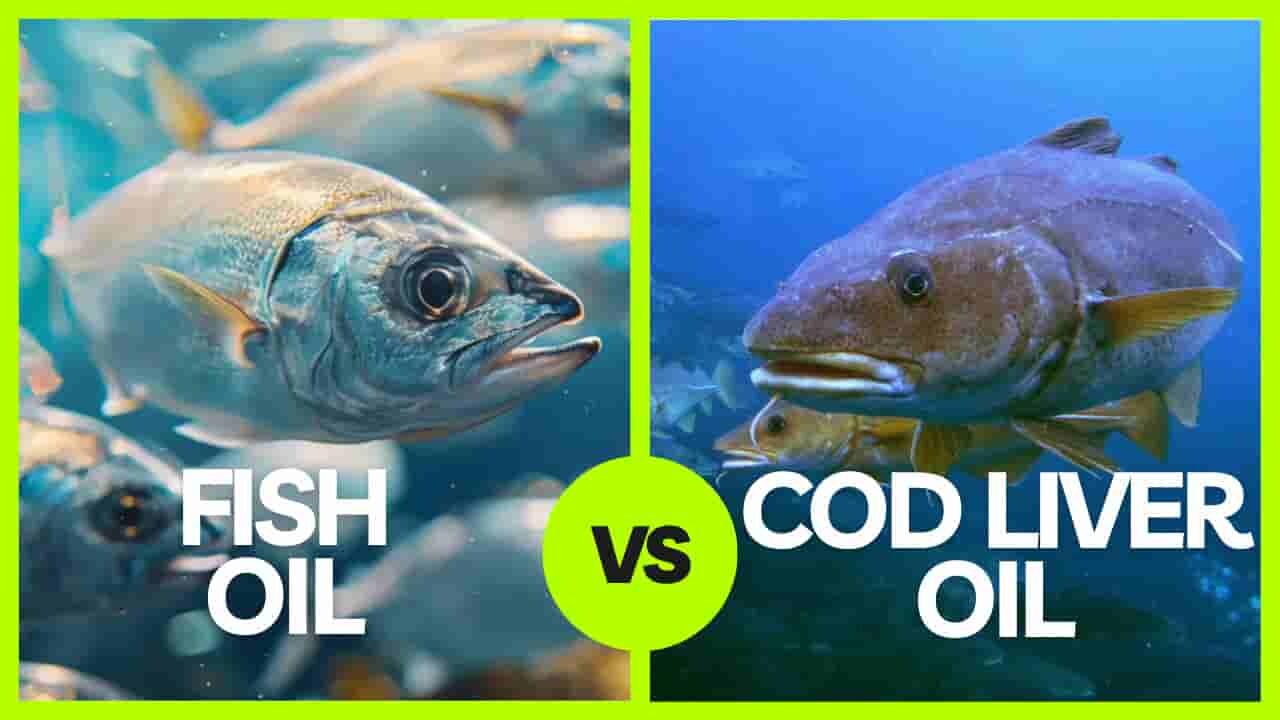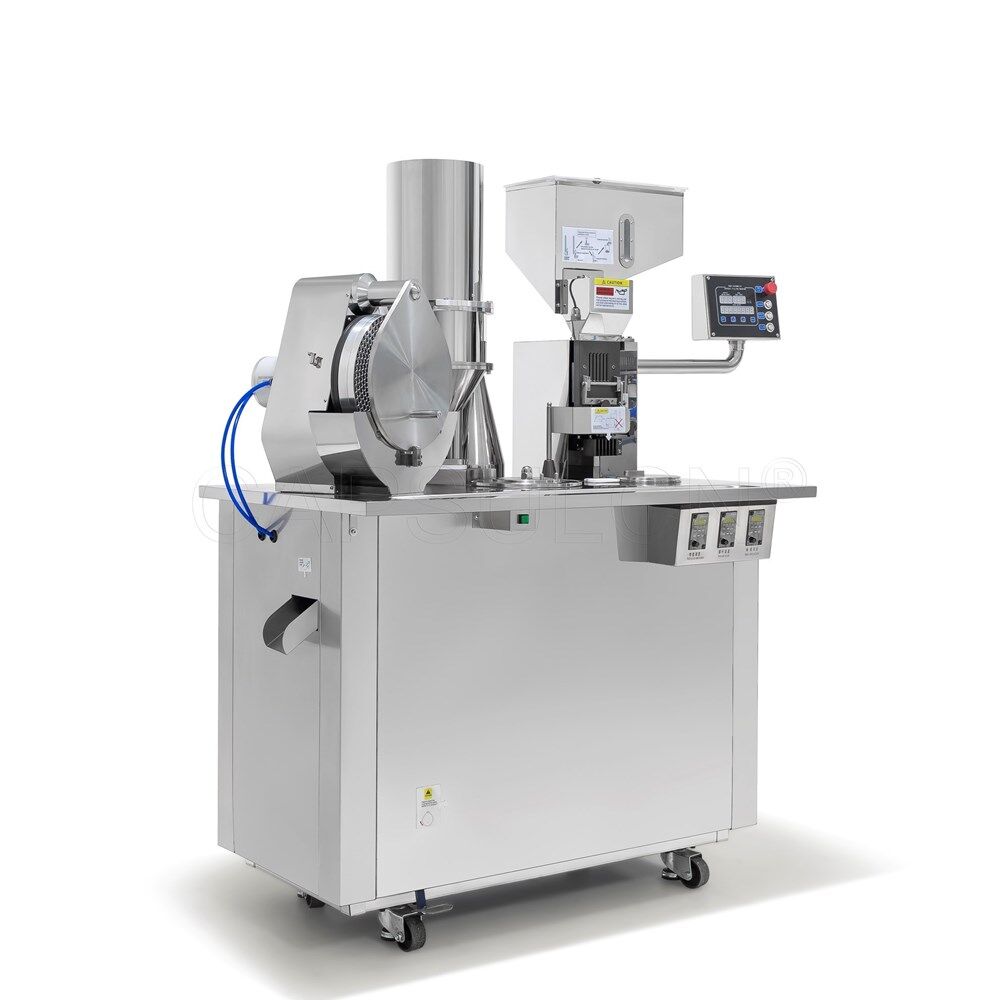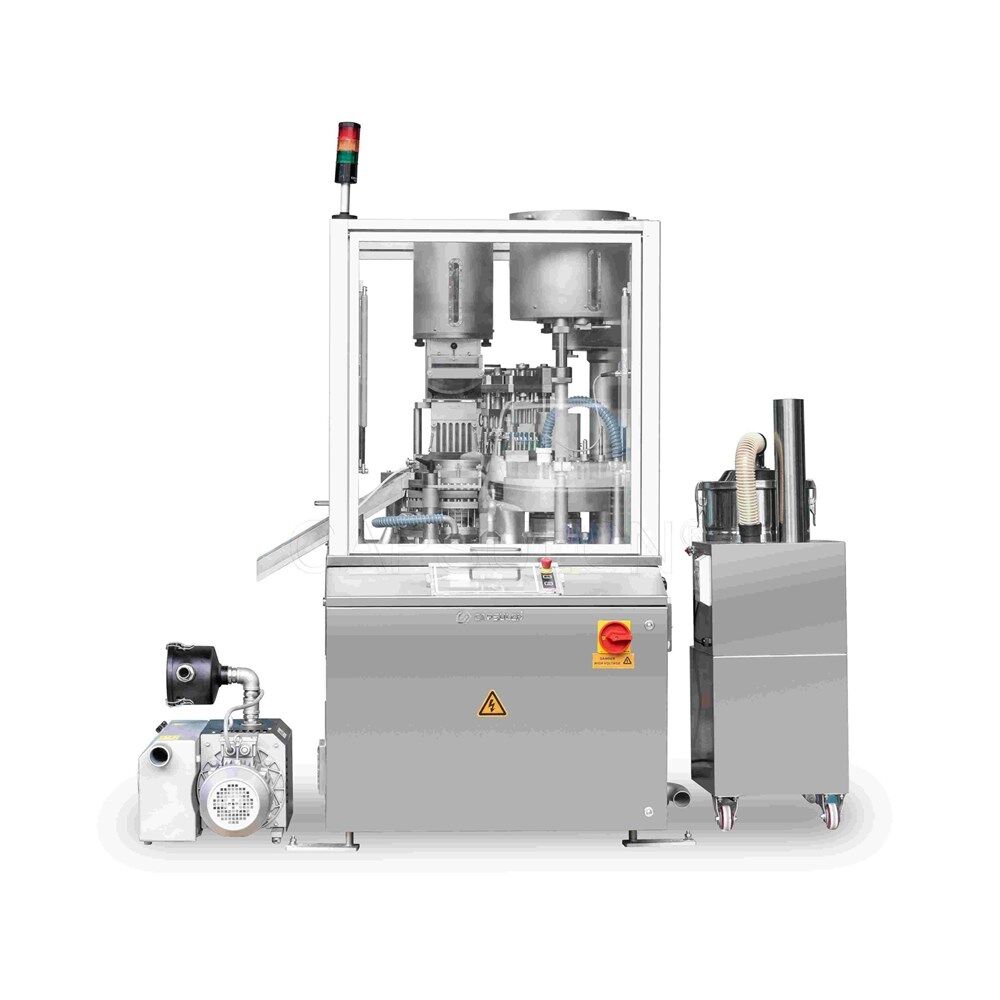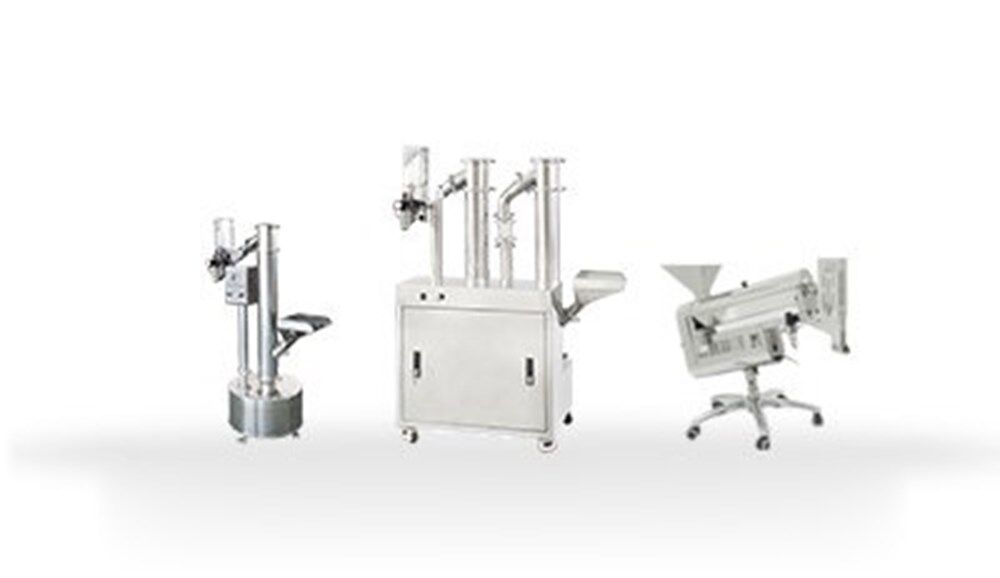A Deep Dive into the Difference Between Cod Liver Oil and Fish Oil

Thinking about including a fish oil supplement in your diet? Smart choice!
Maybe you've heard about fish oil and cod liver oil but feel a little bit confused about one from the other. All we can ensure is both are pretty popular supplements.
Cod liver oil can actually be considered a kind of fish oil, but they each have their own set of benefits.
If you want to pick the right one for your health goals, keep reading! In this post, we'll take a closer look at the difference between cod liver oil and fish oil and explore how each can benefit you.
What is Cod Liver Oil?
Cod liver oil, true to its name, is an oil derived from the livers of codfish. It's been around for centuries. During the Viking times, people used this oil as a natural remedy to stay healthy because they lived in cold climates where sunlight was scarce.
The oil is prized for its rich content of vitamins A and D alongside omega-3 fatty acids. It's been a popular choice for parents to give their children the proper development of bones. Today, more and more people also use it to boost heart health and immune function. Simply put, it's a nutrient-packed oil with a long history of benefits!
What is Fish Oil?
Fish oil comes from various types of fatty fish. If you've ever looked closer at those fish oil supplement bottles, you'll notice most are made from salmon, mackerel, sardines, herring, and tuna. The world's first-known fish oil dates back to ancient Rome when people added it to their diets to promote health.
Fish oil is teeming with omega-3 fatty acids, particularly in the forms of EPA and DHA. These are known for their heart and brain health benefits but cannot be made by the human body. Today, it's one of the most popular supplements around, mainly because of its role in reducing inflammation, supporting cardiovascular health, and boosting brain function.
Cod Liver Oil vs Fish Oil: Potential Health Benefits
This might be the most important difference between cod liver oil and fish oil that people really care about. Since cod liver oil is a type of fish oil, they share many similar benefits. Still, each also has its own unique advantages.

Similarities
Cod liver oil and fish oil are both superb sources of omega-3 fatty acids. Here's what they have in common:
— Help reduce inflammation in the body.
— Support cognitive function.
— May help improve memory and mood.
— Lower triglyceride levels.
— Reduce the risk of heart disease.
— Help maintain healthy blood pressure.
— Boost your immune system to better combat illnesses.
— Promote the health of your nervous system.
— Aid in maintaining healthy blood flow and preventing blood clots.
Differences
Cod liver oil also comes packed with vitamins A and D. Here are the unique health perks you can get from the oil:
- Vitamins A Benefits:
— Essential for maintaining good vision.
— Promotes healthy skin.
— Boosts your body's ability to fend off infections.
— Helps in decreasing kidney stones.
- Vitamins D Benefits:
— Supports strong bones by aiding calcium absorption.
— Helps lift your mood and prevent depression.
— May lower blood pressure.
— Important for muscle strength and function.
Fish oil doesn't contain vitamins, but it has higher EPA and DHA content than cod liver oil.
EPA: 18% in Fish Oil vs. 8% in Cod Liver Oil
DHA: 12% in Fish Oil vs. 10% in Cod Liver Oil
— This means it primarily offers targeted and enhanced omega-3 benefits for your heart, brain, and immune function.
Cod Liver Oil vs Fish Oil: Side Effects
Most supplements can have side effects, and both cod liver oil and fish oil are no exceptions. However, theirs can differ slightly.
Most supplements can have side effects, and both cod liver oil and fish oil are no exceptions. However, theirs can differ slightly.
Similarities
Since both oils come from fish and contain omega-3 fatty acids, they can cause some similar side effects.
— A fishy taste or burps after taking either.
— Can cause stomach upset, like nausea, diarrhea, or indigestion.
— Could thin your blood, leading to a higher risk of bleeding.
— May lead to itching, swelling, or difficulty breathing for those allergic to fish.
Differences
Thanks to the abundant vitamins A and D, cod liver oil has some unique side effects to consider:
— Taking too much vitamin A can lead to dizziness, nausea, and even liver damage.
— Overdoing vitamin D can trigger nausea and vomiting and may even harm your kidneys.
Fish oil usually doesn't have vitamins A and D, but you should never overlook the possible side effects related to omega-3s:
— In addition to the common side effects mentioned earlier, an overdose of EPA and DHA can lower your blood pressure or impact your blood sugar levels.
Cod Liver Oil vs Fish Oil: When to Choose
Is there a difference between cod liver oil and fish oil when it comes to choosing? Absolutely!
Go with cod liver oil if:
- Your diet is low in these vitamins A and D;
- You want to prevent night blindness and reduce kidney stone risk;
- You're looking to decrease stress and improve your overall mood;
- You have autoimmune conditions.
Opt for fish oil if:
- You want higher omega-3 levels;
- You're looking to lower triglycerides and reduce the risk of heart disease;
- You're focused on brain health and memory boost;
- You're already getting enough vitamins A and D;
- You prefer a less strong fishy aftertaste.
Cod Liver Oil vs Fish Oil: Recommended Dosage

The FDA recommends not exceeding 3 grams (3,000 mg) of EPA and DHA combined per day, while the EFSA suggests a maximum of 5 grams (5,000 mg). Taking too much omega-3 can lead to side effects.
So, whether you take cod liver oil or fish oil, take a look at the supplement facts on your bottle first. The right dose depends on the omega-3 content listed on the label.
Both supplements offer omega-3s, but cod liver oil also contains vitamins A and D. If you want these extra vitamins, go for cod liver oil; if not, fish oil will do.
It's usually best to choose one oil, not both. If you're unsure about the right dosage or brand, consult your doctor for personalized guidance.
The Bottom Line
If you don't eat much fish or other seafood, both cod liver oil and fish oil are great choices to help you get omega-3 fatty acids. The choice between them really boils down to your personal health needs and what you prefer.
As we mentioned above, the difference between cod liver oil and fish oil largely lies in the existence of vitamins A and D. If you're looking for extra vitamins, cod liver oil is your go-to. If you just want higher doses of EPA and DHA, fish oil is a solid choice.
And if you're ever in doubt, it's always smart to chat with a healthcare professional. They can help you figure out which supplement is best for you based on your individual health situation.
Leave your comment
Also Offers


Containment Automatic Capsule Filling Machine SFK-703

Fully Automatic Dosator Capsule Filling Machine CZ-40

Our Team
As an expert in the pharmaceutical and pharmaceutical packaging industry, iPharMachine has provided solutions for hundreds of pharmaceutical and health product manufacturers for 17 years. By visiting customers, we get good reviews from our customers.
- info@ipharmachine.com
- English Español Deutsche







